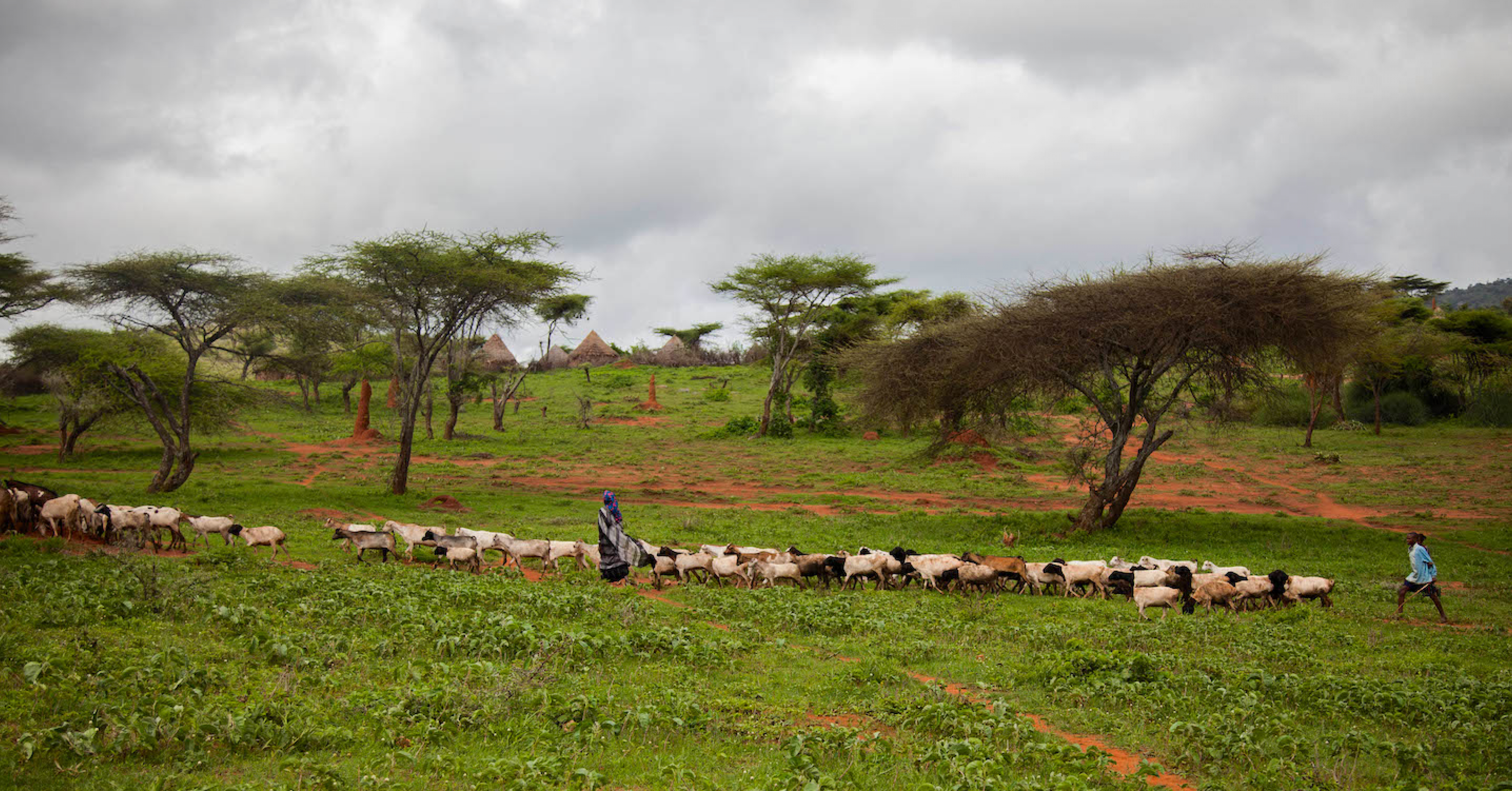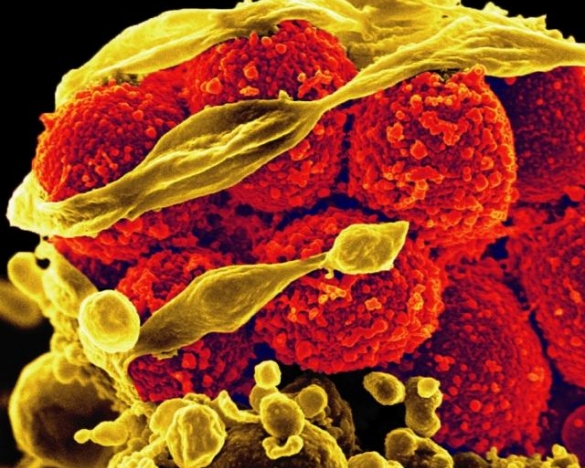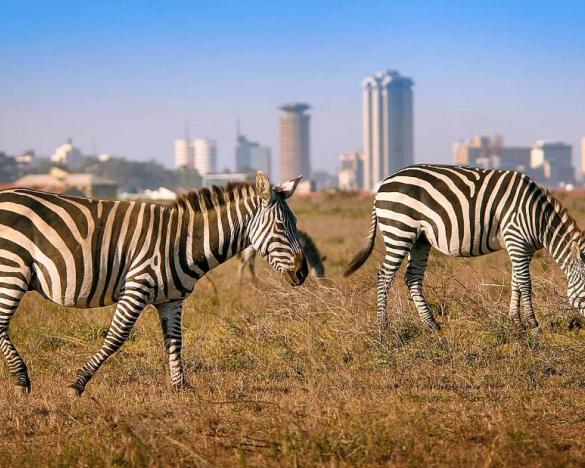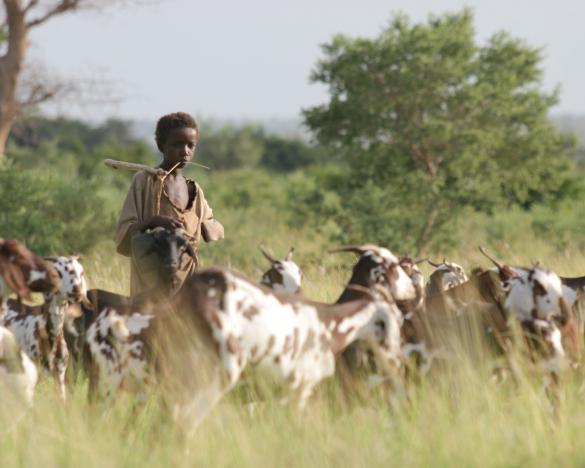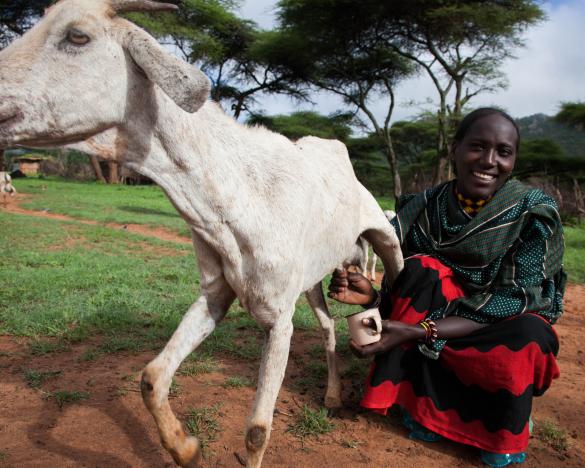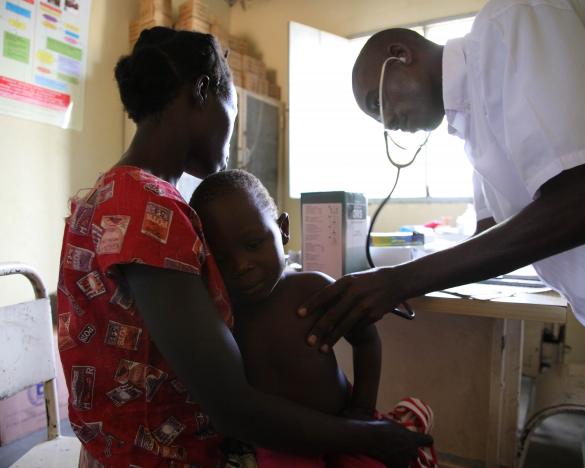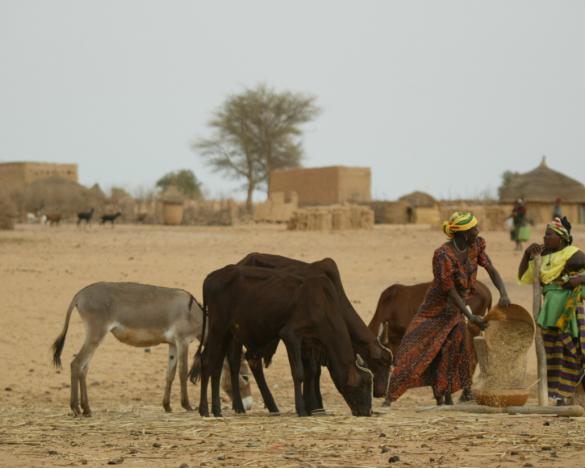To better understand the risks of antimicrobial resistance due to antimicrobial use in agriculture, aquaculture and livestock, we undertake studies on the biology, ecology and epidemiology of infections.
We use the latest technologies, such as whole genome sequencing, to characterise movement of antimicrobial resistance genes within these ecologies and investigate drivers of the emergence and transmission of antimicrobial resistance at the human–animal–environment interface.
In addition, we conduct research on antimicrobial resistance occurrence and residues in food items.
Key activities
- Generate evidence on the extent of antimicrobial-resistant bacteria and antimicrobial residues in livestock, fish, humans, the environment, water and food
- Understand the transmission and genetic mechanisms of resistance in agriculture and the implications for human and animal health; and
- Develop a range of mathematical and biological models of antimicrobial resistance in low- and middle-income countries to understand the relative contribution of agriculturally-associated antimicrobial resistance to the human burden of antimicrobial resistance and risk of drug-resistant infections in different contexts.
